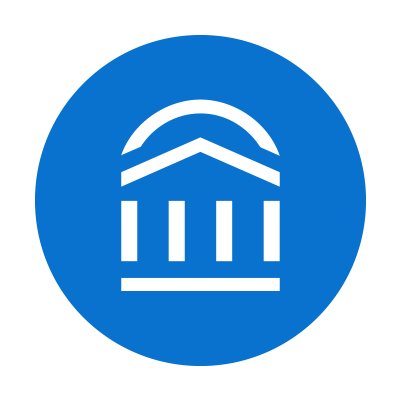
Chronicle of Higher Education
May 16, 2019 Student Success, Value and Affordability
As questions remain regarding the value and benefits of a college degree, the Bill and Melinda Gates Foundation is seeking answers. A newly created Commission on the Value of Postsecondary Education will measure and convey the economic value of a college credential. The commission aims to provide information for college administrators, policy makers, and students and families alike.

Education Dive
May 09, 2019 Student Success, Value and Affordability
Federal work-study programs have existed for decades to assist students in preparing for careers and to improve their financial security. As student needs continue to evolve, improvements to the FWS program model are crucial. Suggestions include increasing the pay rate and providing opportunities that are aligned with students’ academic and career interests. NASPA has developed a self-assessment rubric for colleges to use in improving on-campus employment opportunities for students.

Inside Higher Ed
May 03, 2019 Value and Affordability
In a recent poll of over 3,000 young adults aged 18-29, more than half answered they support free college, even with an estimated $47 billion price tag. Although other research has shown declining trust in higher education, more than half of poll participants indicated they trust their administrators all or most of the time.

The Washington Post
April 26, 2019 Student Success
Although a United States territory, high schools in Puerto Rico have significantly high dropout rates and low college completion rates. Many students and counselors are unaware of college application and FAFSA processes, depriving students of financial aid and education they are qualified for. Certain organizations address these issues directly and assist with sending Puerto Rican students to the mainland United States to study. (Subscription required)

EAB
April 24, 2019 Student Success
EAB recently compiled eight different data sources to create a holistic view of actual college outcomes, and how many get a return on their investment regarding their education.

Education Dive
April 18, 2019 Admissions, Enrollment Management Trends
In 2014, 11 public research universities formed the University Innovation Alliance (UIA) with a goal to expand admissions and help enroll and graduate more underserved students by using predictive analytics. Viewed initially as a bold move, the UIA is on track to surpass its goals, with each institution approaching the use of predictive analytics in unique ways.

Inside Higher Ed
April 16, 2019 Enrollment Management Trends
A study conducted across 10 community colleges in Ohio showed that personalizing emails and other correspondence for students increased enrollment in summer courses. Specifically, informing students about available tuition assistance and gap funding, as well as potential courses in which to enroll had a positive impact on summer attendance.

Inside Higher Ed
April 11, 2019 Student Success
Historical support of first-generation students tends to focus on potential knowledge gaps the students may have and how to overcome them. In order to best support first-generation students on campus, a necessary recognition of the challenges they face balanced with identifying and expressing the skills and unique perspective these students possess is essential.

NPR
April 04, 2019 Student Success
Free college programs for adult students, such as Tennessee Reconnect, help eliminate the financial burden that comes with enrolling in school. However, other factors such as work and family also hinder an adult student’s ability to stay enrolled in and complete school. Targeted additional support and ensuring processes for enrolling, registering, and advising are seamless are a few ways to provide assistance to this specialized population of students.

Inside Higher Ed
April 01, 2019 Admissions
More than 30 colleges and universities across the country have announced that they will no longer require SAT or ACT scores with their applications for admission. The decision to do so is guided by an effort to increase diversity, as many institutions that have dropped testing requirements have reported gains in minority applications and enrollment, without a decrease in graduation rates. This movement to test optional began with small, liberal arts schools, but is now moving to larger and more competitive schools.